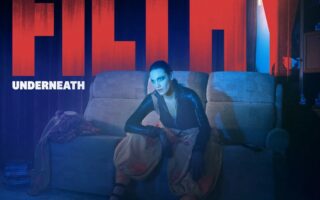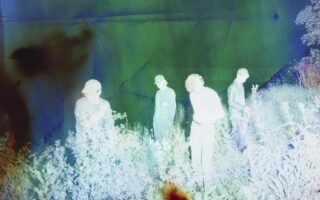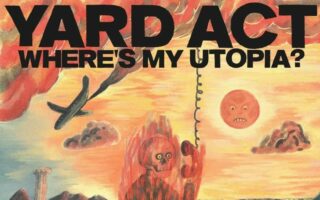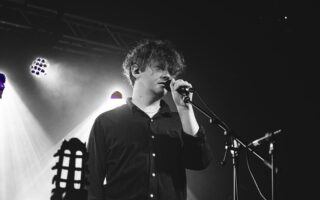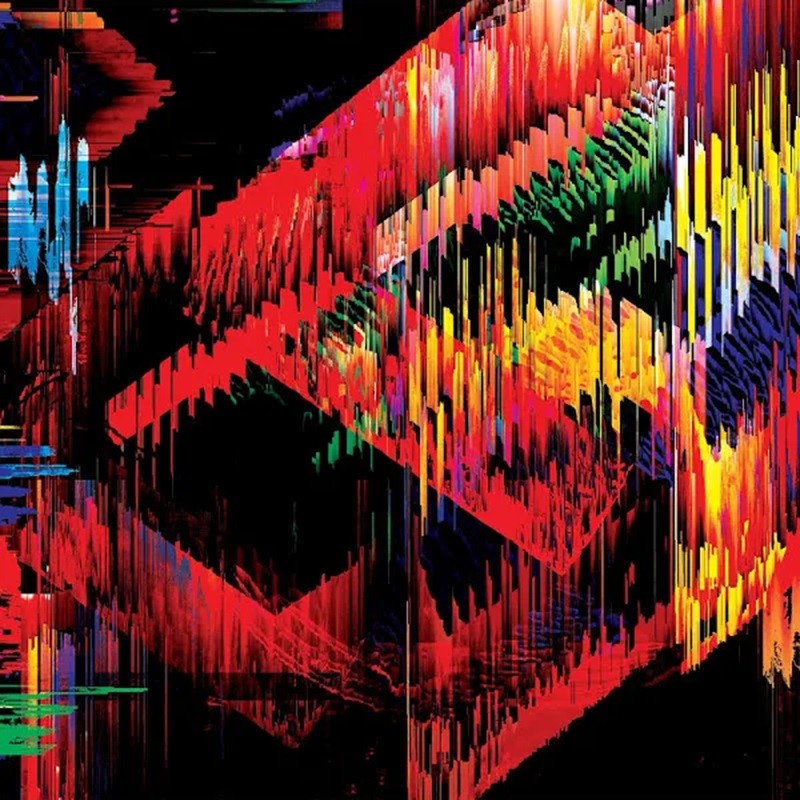
While there is plenty of Ride’s signature sound, it’s complimented and enhanced with new textures.
Has there been a reformation of a much-loved 90’s band which has gone so well as Ride’s second act?
With the exception of Blur, no-one else from their generation (or even the one after) has produced new work so effectively.
Both Weather Diaries (2017) and This Is Not A Safe Place (2019) built on the legacy of Ride’s seminal debut Nowhere and the equally-as-influential Going Blank Again, for which the likes of DIIV, bdrmm and Just Mustard owe some debt.
The title of Interplay – Ride’s seventh studio album – references the band’s chemistry and is described as a ‘survivor’s record’, referencing the travails they endured during its gestation, including an ugly litigation case with an old manager and, of course, lockdown. As a result, it’s a triumph over adversity.
The album’s breakthrough moment was Last Night I Went Somewhere To Dream, and it shows. A dream haze of glistening instrumentation and cantering pace, it embraces their lesser known past influences of Tears For Tears and Talk Talk.
Being of that generation, the impact of those uber-pop bands is impossible to ignore even if Ride likely tried to do so at the time. It’s a song full of optimistic purpose, reflecting that experience can and should supersede music snobbery.
Indeed, while there is plenty of Ride’s signature sound on Interplay, it’s complimented and enhanced with new textures. I Came To See The Wreck evokes the industrial electronica of Boards Of Canada for the first three minutes then changes gear into a soaring, fist-clenching, irrepressible anthem (‘rage, body and soul to right where we started’) with a passionate vocal delivery from Mark Gardener.
The opus Essaouira is a curious beast, opening with a shuffling beat, hushed tones (‘monkeys in the machines’) and a glittering otherworldliness offset by some Neil Tennant sass on certain lines.
It suggests Andy Bell’s recent experiences as GLOK have infiltrated his very methodology, and it’s followed by the profound and moody closer Yesterday Is Just A Song, which includes an eerie science fiction synth before it fittingly floats off into space.
The journey into the unknown has been earned but there are more familiar moments leading up to it. First single Peace Sign is classic Ride with a modern twist, looking for hope with a call to arms (‘let me know you’re there’) with dual vocals from Gardener and Bell, and is the sound of sunshine. Monaco is more familiar, rattling and snapping but with a more robust rhythm.
Elsewhere, Light In A Quiet Room is literally a song of two halves, its first ethereal and gospel – also not unlike Bell’s solo material but more harnessed when his bandmates add their magic – but, after a short silence, re-enters the fray for a second half of pulverising, electrified intensity.
The hefty Portland Rock is the brashier bigger brother of OX4 with gargantuan drums, stinging guitars and an accompanying sense of scale (‘hanging off the edge of the world’).
Best of all is Last Frontier which, although owing a huge debt to Joy Division/New Order (lifting the familiar drum sequence of Love Will Tear Us Apart and carried through by a Hooky bassline), it’s still life-saving music as Bell ruminates on, ‘ways of to say goodbye/ways of seeing eye to eye without losing your way’. A song to stop you in your tracks and raise your eyes to the sky.
Interplay is the sound of a fighting-fit Ride taking all their collective experiences to hit a new creative peak. The sound of winter turning to spring.


